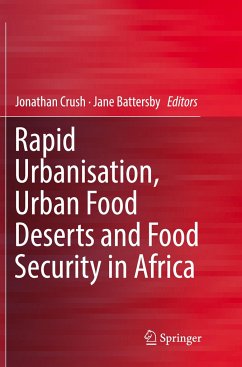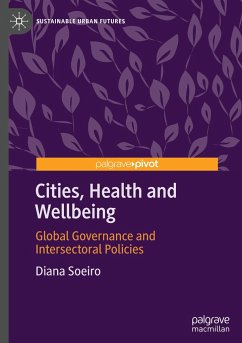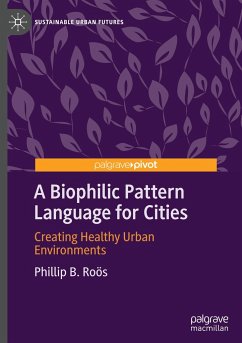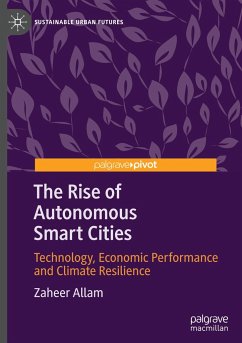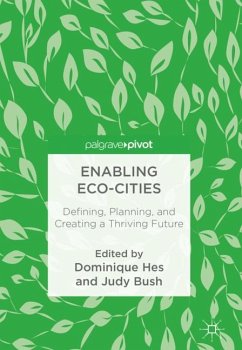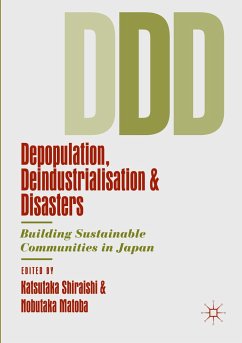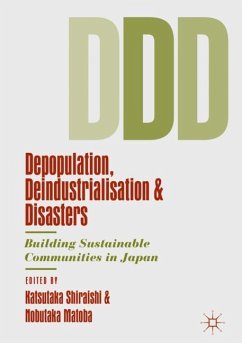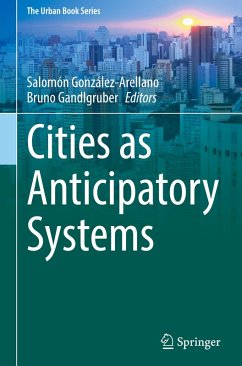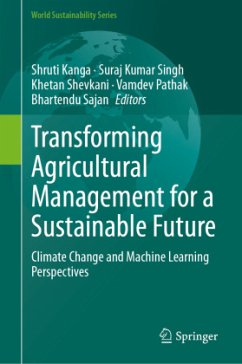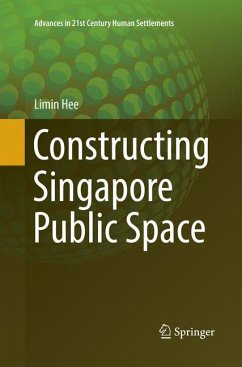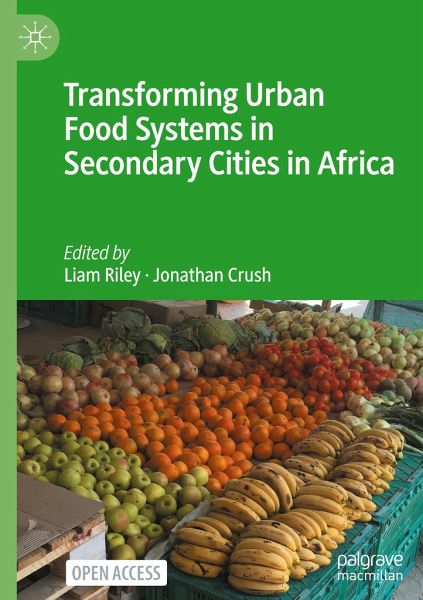
Transforming Urban Food Systems in Secondary Cities in Africa
Versandkostenfrei!
Versandfertig in 6-10 Tagen
91,99 €
inkl. MwSt.

PAYBACK Punkte
46 °P sammeln!
Countries across Africa are rapidly transitioning from rural to urban societies. The UN projects that 60% of people living in Africa will be in urban areas by 2050, with the urban population on the continent tripling over the next 50 years. The challenge of building inclusive and sustainable cities in the context of rapid urbanization is arguably the critical development issue of the 21st Century and creating food secure cities is key to promoting health, prosperity, equity, and ecological sustainability. The expansion of Africa's urban population is taking place largely in secondary cities: t...
Countries across Africa are rapidly transitioning from rural to urban societies. The UN projects that 60% of people living in Africa will be in urban areas by 2050, with the urban population on the continent tripling over the next 50 years. The challenge of building inclusive and sustainable cities in the context of rapid urbanization is arguably the critical development issue of the 21st Century and creating food secure cities is key to promoting health, prosperity, equity, and ecological sustainability. The expansion of Africa's urban population is taking place largely in secondary cities: these are broadly defined as cities with fewer than half a million people that are not national political or economic centres. The implications of secondary urbanization have recently been described by the Cities Alliance as "a real knowledge gap", requiring much additional research not least because it poses new intellectual challenges for academic researchers and governance challenges for policy-makers. International researchers coming from multiple points of view including food studies, urban studies, and sustainability studies, are starting to heed the call for further research into the implications for food security of rapidly growing secondary cities in Africa.
This book will combine this research and feature comparable case studies, intersecting trends, and shed light on broad concepts including governance, sustainability, health, economic development, and inclusivity.
This is an open access book.
This book will combine this research and feature comparable case studies, intersecting trends, and shed light on broad concepts including governance, sustainability, health, economic development, and inclusivity.
This is an open access book.



